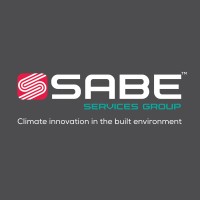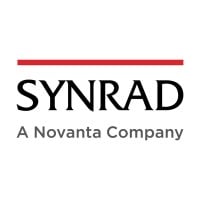
SABE Services Group
Established in 1997, SABE Services Group is a 100% Queensland owned and operated company that specialises in the design, supply, installation, and maintenance of commercial air conditioning and mechanical services systems for the built environment. From preventative maintenance programs, breakdown repairs and after-hours servicing to office fitouts and major installation projects, SABE Services Group has the capabilities, experience, resources and relevant licences and insurances to provide tailored and specifically engineered solutions to meet our clients’ requirements. SABE Services Group consists of a strong and knowledgeable leadership team, which from its inception has given it strength to prosper in all economic climates. Our deliberate choice to employ permanent employees has resulted in a team of dedicated staff members, with a broad range of knowledge and skills that provide consistently high levels of service to our clients. The SABE Services Group Management team has extensive experience in the industry allowing us to provide quality service to all customers while maintaining the asset value of installed equipment to a high standard. It is our philosophy that by providing a professional service giving value for money and exceptional service, we can build long term relationships with our clients. With our Head Office located in Brisbane, and branch offices on the Gold Coast and Sunshine Coast, we are well positioned to provide our services throughout Southeast Queensland and Northern New South Wales. Our company also manages mechanical services equipment and provides contract services for our clients in locations throughout Queensland and New South Wales. We believe in a complete partnership with our clients and look forward to being of service.






